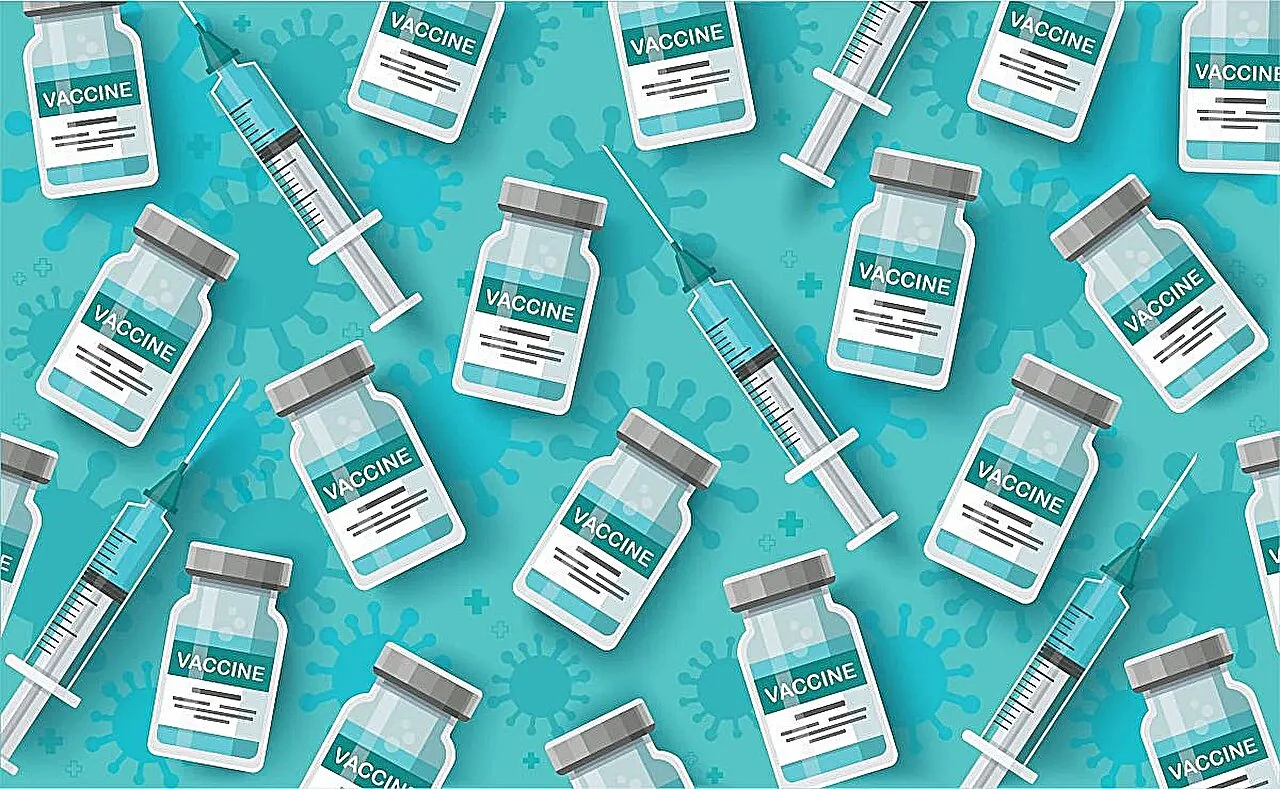Vaccination Trends in the U.S.: Tdap and MenACWY Increase, HPV Stable
Recent data from the U.S. Centers for Disease Control and Prevention (CDC) reveals encouraging trends in adolescent vaccination rates. A new report published in the Morbidity and Mortality Weekly Report (MMWR) highlights changes in coverage for several key vaccines between 2023 and 2024.
Positive Shifts in Tdap and MenACWY Coverage
The study indicates a notable increase in the administration of two important vaccines:
- Tdap: Coverage with at least one dose of the tetanus toxoid, reduced diphtheria toxoid, and acellular pertussis vaccine (Tdap) saw a positive uptick.
- MenACWY: Similarly, the quadrivalent meningococcal conjugate vaccine (MenACWY) also experienced increased coverage rates.
HPV Vaccination Coverage Holds Steady
While Tdap and MenACWY vaccinations demonstrated growth, the report notes that coverage for the human papillomavirus (HPV) vaccine remained stable during the same period.
Importance of Continued Vaccination Efforts
These findings underscore the importance of ongoing efforts to promote and improve vaccination rates among adolescents. Increased coverage for vaccines like Tdap and MenACWY contributes to better protection against serious and potentially life-threatening diseases. Maintaining stable HPV vaccination rates is also crucial for preventing HPV-related cancers and other health issues.
Public health initiatives, healthcare provider recommendations, and parental awareness all play a vital role in ensuring that adolescents receive the recommended vaccines on schedule.
Final Overview
Overall, the CDC’s latest data presents a mixed picture of adolescent vaccination trends in the U.S. While progress has been made in increasing coverage for Tdap and MenACWY vaccines, maintaining stable HPV vaccination rates requires continued attention and targeted interventions.




+ There are no comments
Add yours